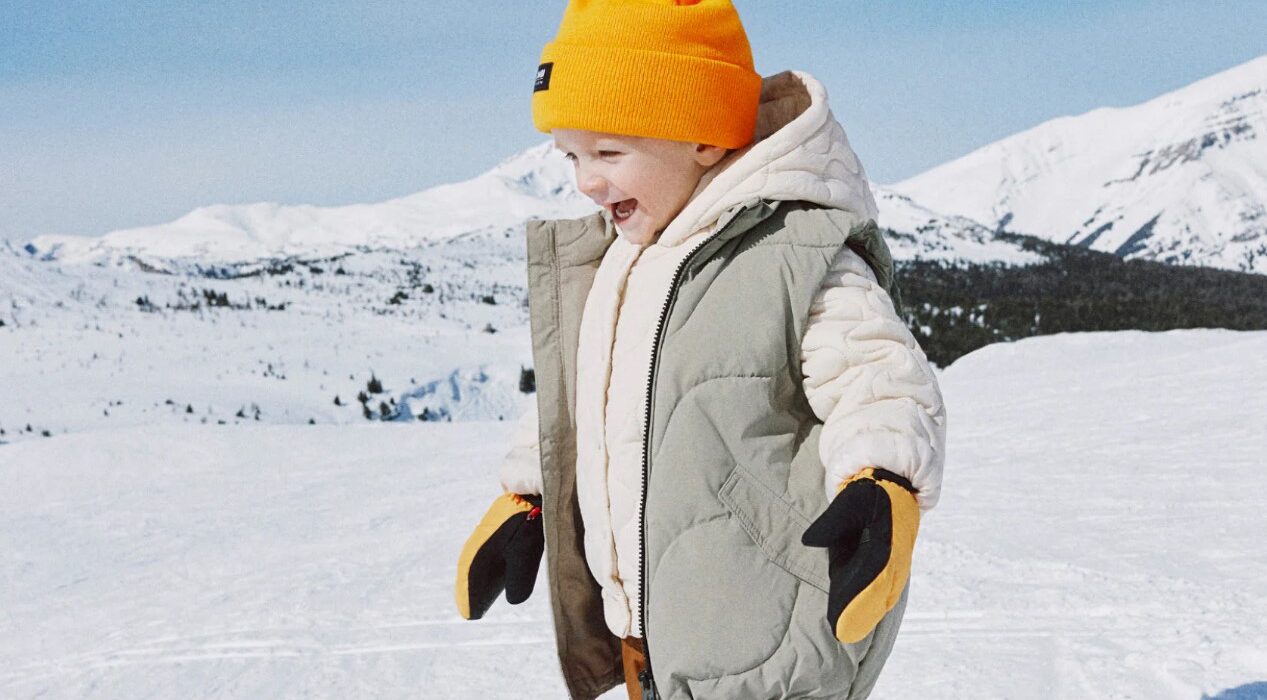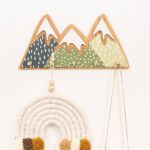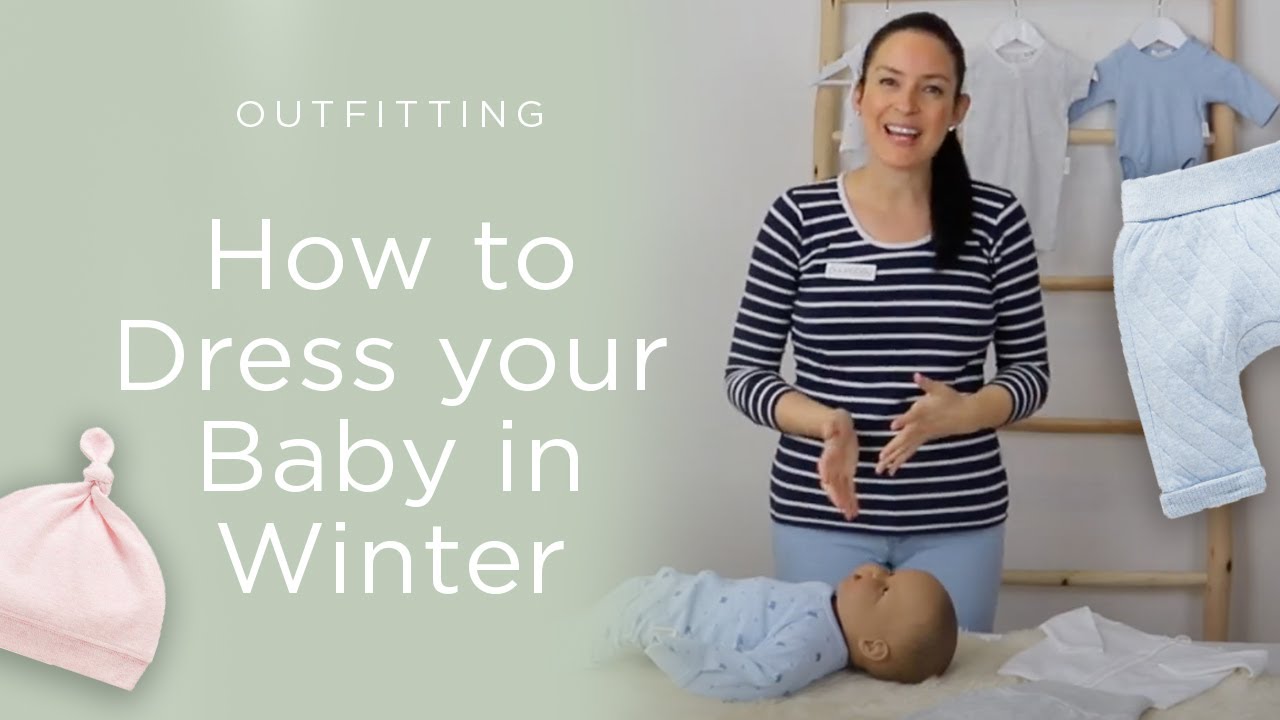Winter can be a magical time, especially for little ones. Keeping your baby warm is essential for their comfort and health.
As the cold weather rolls in, it’s important to dress your baby in cozy clothing. Babies lose heat faster than adults, so having the right winter gear is crucial. From snuggly onesies to warm outer layers, parents need to know what will keep their little ones comfortable.
Choosing the best winter clothes ensures that your baby can enjoy the season safely. With so many options available, it can be hard to know what to pick. This guide will help you find the top baby winter clothes that combine warmth, style, and practicality. Your baby deserves to stay warm and happy during chilly days.
Table of Contents
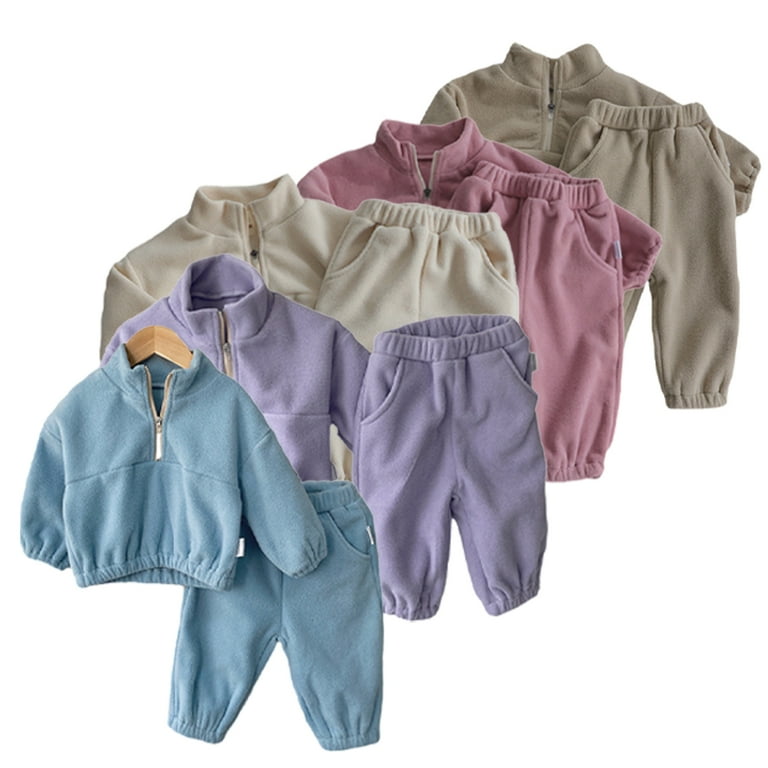
Credit: www.walmart.com
Introduction To Baby Winter Clothing
Keeping babies warm in winter is very important. Babies are sensitive to cold weather. The right winter clothes help protect them from the cold. Parents want their little ones to be cozy and safe. This guide covers essential winter clothing for babies.
Importance Of Keeping Babies Warm
Babies cannot regulate their body temperature well. They can get cold quickly. Here are some reasons to keep them warm:
- Health: Cold temperatures can lead to illnesses.
- Comfort: Warm babies are happy babies.
- Sleep: Proper clothing helps them sleep better.
Factors To Consider When Choosing Winter Clothes
Selecting the right winter clothes for babies involves careful thought. Consider these factors:
- Material: Choose soft, breathable fabrics.
- Size: Ensure a snug fit without being too tight.
- Layering: Use layers for easy temperature control.
- Weather: Check for windproof and waterproof options.
- Ease of Use: Clothes should be easy to put on and take off.
Understanding these factors will help keep your baby warm and comfortable.
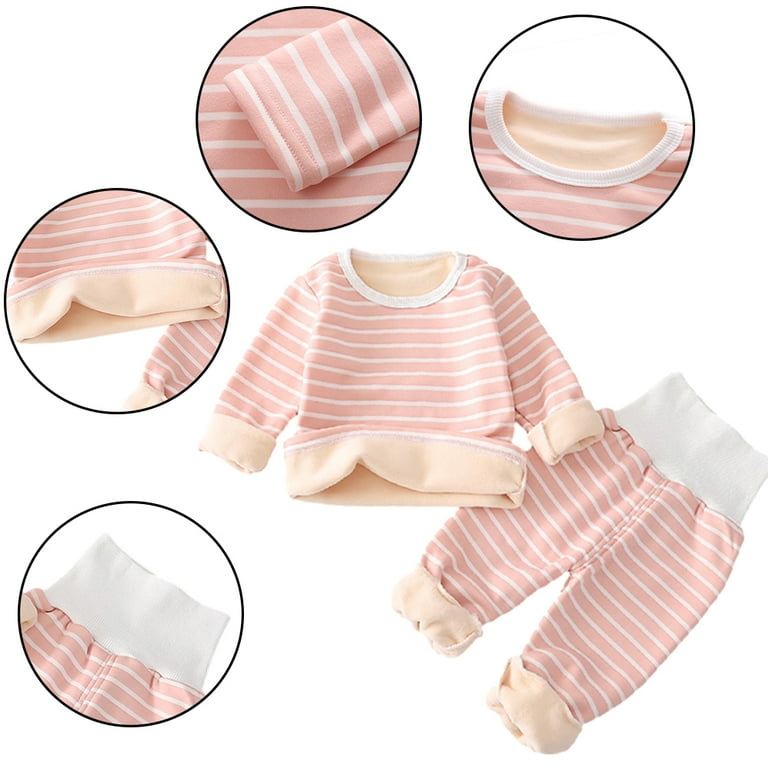
Credit: www.walmart.com
Essential Baby Winter Garments
Keeping your baby warm in winter is essential. The right clothes help protect them from the cold. Here are some must-have baby winter garments. These items are cozy and comfortable.
Bodysuits And Onesies
Bodysuits and onesies are perfect for layering. They keep your baby warm and snug. Look for options made from soft cotton or fleece.
- Long sleeves: Great for added warmth.
- Snap closures: Easy to change diapers.
- Variety of prints: Fun designs for your baby.
Choose sizes that allow some room for growth. Layer these under other garments for extra warmth. They are easy to wash and quick to dry.
Footed Pajamas
Footed pajamas keep little feet warm. They offer full-body coverage for a cozy night’s sleep. Many footed pajamas come with zippers or snaps for easy dressing.
| Feature | Benefits |
|---|---|
| Non-slip soles | Prevents slipping on smooth surfaces. |
| Soft fabric | Gentle on baby’s skin. |
| Easy care | Machine washable and durable. |
Choose pajamas with enough stretch. This allows for comfortable movement. Your baby will sleep better in warm, cozy footed pajamas.
Layering For Warmth
Keeping your baby warm during winter is essential. Layering is a smart way to do this. It adds warmth without bulk. You can easily adjust layers to match the weather. This method helps keep your little one comfortable.
Benefits Of Layering
Layering offers many benefits for your baby in winter:
- Versatility: You can mix and match clothing.
- Adjustability: Remove or add layers as needed.
- Temperature Control: Helps maintain a steady body temperature.
- Comfort: Soft fabrics can prevent irritation.
- Style: Create cute outfits easily.
How To Layer Effectively
Follow these tips for effective layering:
- Start with a Base Layer: Choose a snug, breathable fabric. Cotton or merino wool works well.
- Add an Insulating Layer: Use fleece or a light sweater. This keeps warmth close to the body.
- Finish with an Outer Layer: Select a water-resistant or windproof jacket. This protects against harsh weather.
- Pay Attention to Accessories: Don’t forget hats, mittens, and booties. These keep extremities warm.
- Check for Comfort: Ensure each layer fits well. Avoid tight clothing that can restrict movement.
Layering helps keep your baby cozy and happy. Use these tips for a warm winter experience.
Weather-appropriate Outerwear
Choosing the right outerwear for winter is essential. Your baby needs to stay warm and comfortable. The right clothes protect against cold winds and snow. Here, we explore two key types of winter outerwear: snowsuits and winter jackets.
Snowsuits
Snowsuits are excellent for keeping babies warm during winter. They cover the entire body, trapping heat inside. Look for these features:
- Insulation: Choose materials like fleece or down for warmth.
- Waterproof: A waterproof exterior helps keep your baby dry.
- Hood: A fitted hood protects the head and ears.
Snowsuits come in various styles and colors. Here are some popular options:
| Brand | Material | Price Range |
|---|---|---|
| Columbia | Waterproof nylon | $80 – $120 |
| North Face | ThermoBall insulation | $100 – $150 |
| OshKosh | Polyester | $50 – $90 |
Winter Jackets And Coats
Winter jackets and coats offer flexibility. They are ideal for layering. Choose a jacket or coat that fits well and allows movement.
Key features to consider:
- Length: Longer coats provide extra warmth.
- Closure: Zippers and snaps ensure a snug fit.
- Pockets: Handy for storing small items or warming hands.
Here are some popular winter jackets:
| Brand | Material | Price Range |
|---|---|---|
| Patagonia | Recycled polyester | $90 – $130 |
| REI Co-op | Water-resistant fabric | $70 – $110 |
| Gap | Cotton blend | $40 – $80 |
Dress your baby in weather-appropriate outerwear. It ensures they stay warm and enjoy winter activities.
Cold-proof Accessories
Keeping your baby warm in winter is vital. Cold-proof accessories play a big role. They help protect your little one from chilly winds and snow. Hats, mittens, and scarves are essential. Let’s look at some key items.
Hats And Beanies
Hats and beanies are must-have items. They keep your baby’s head warm. A lot of heat escapes through the head. Choose options made from soft, warm materials.
- Look for hats with ear flaps. They cover the ears well.
- Consider beanies with fleece lining. They add extra warmth.
- Choose bright colors. They help your baby stand out.
Check the fit. A snug hat is best, but it should not be too tight. Styles like knitted hats are trendy and functional.
Mittens And Gloves
Mittens and gloves keep tiny hands warm. Mittens are often better for babies. They keep fingers together, providing more warmth.
- Look for mittens with elastic cuffs. They stay on better.
- Choose waterproof options for wet days. This helps keep hands dry.
- Consider mittens with clips. They prevent loss.
For older babies, gloves may work. Ensure they fit well. Avoid tight options to allow blood flow. Warm hands mean a happy baby.
Footwear For The Cold
Choosing the right footwear for your baby during winter is essential. Cold weather can be harsh on tiny feet. Proper footwear keeps them warm and safe. Here are some top picks for baby winter footwear.
Booties And Boots
Booties and boots are great for keeping little feet cozy. They come in various styles and materials. Look for options that provide warmth and comfort.
- Soft Booties: Made from wool or fleece, these are easy to slip on.
- Waterproof Boots: Ideal for snowy days, they keep feet dry.
- Insulated Boots: Designed for warmth, perfect for cold temperatures.
- Easy Fastening: Velcro or elastic makes dressing simple.
Socks And Boot Liners
Socks and boot liners are crucial for extra warmth. They fit snugly and add insulation. Choose materials that breathe well.
| Type | Material | Benefits |
|---|---|---|
| Wool Socks | Merino Wool | Warm and moisture-wicking. |
| Cotton Socks | Cotton Blend | Soft and comfortable for everyday wear. |
| Thermal Liners | Synthetic Material | Extra warmth for cold days. |
Layering socks can help keep feet warm. Choose styles that fit well. Avoid tight-fitting socks to ensure comfort.
Blankets And Bunting Bags
Winter can be harsh, especially for babies. Keeping them warm is essential. Blankets and bunting bags are great choices. They provide warmth and comfort for your little one. Let’s explore their benefits and safety tips.
Using Blankets Safely
Blankets can be cozy for babies. However, safety is important. Follow these tips:
- Choose the Right Size: Use small blankets. Large blankets can pose a risk.
- Keep Loose Blankets Away: Avoid loose blankets in the crib. They can cause suffocation.
- Check for Breathability: Use breathable fabrics. This helps reduce the risk of overheating.
- Monitor Temperature: Keep your baby comfortable. Check their temperature regularly.
- Secure with Swaddles: Consider swaddling. This can keep blankets in place.
Advantages Of Bunting Bags
Bunting bags are excellent for winter. They offer many benefits:
| Advantage | Description |
|---|---|
| Easy to Use | Simply place your baby inside. Zipper or snaps keep them secure. |
| Warmth | Insulated material keeps the baby warm in cold weather. |
| Mobility | Allows easy movement for parents. Perfect for outings. |
| Versatile | Can be used in car seats or strollers. |
| Stylish Options | Available in various colors and designs. |
Bunting bags keep your baby snug and stylish. They are a smart choice for winter outings.
Materials Matter
Choosing the right materials for baby winter clothes is essential. The right fabric can keep your baby warm, dry, and comfortable. Some materials trap heat better. Others are soft and gentle on the skin. Understanding these fabrics helps in making the best choice for your little one.
Choosing The Right Fabrics
When selecting winter clothes for babies, consider these key factors:
- Warmth: Fabrics that retain heat are crucial.
- Breathability: Choose materials that allow air flow.
- Softness: Gentle fabrics prevent skin irritation.
- Durability: Clothes should withstand wear and tear.
Natural Vs Synthetic
Both natural and synthetic fabrics have benefits.
| Fabric Type | Advantages |
|---|---|
| Natural Fabrics |
|
| Synthetic Fabrics |
|
Natural fabrics include cotton, wool, and bamboo. They are gentle and warm. They also allow for airflow, keeping babies comfortable.
Synthetic fabrics like polyester and nylon are tough. They resist water and last longer. These materials are great for cold and wet weather.
Size And Fit
Choosing the right size and fit for baby winter clothes is crucial. Proper sizing ensures comfort and warmth. Too tight clothes restrict movement. Too loose clothes may lead to cold drafts. Parents should pay attention to the fit and growth of their little ones.
Sizing Tips
Here are some helpful sizing tips for baby winter clothes:
- Check Size Charts: Use size charts from brands.
- Consider Layering: Choose slightly larger sizes for layering.
- Try Before You Buy: If possible, try clothes on your baby.
- Look for Adjustable Features: Opt for clothes with adjustable cuffs or waistbands.
Remember, a snug fit is better than a loose one.
Understanding Growth Spurts
Babies grow quickly. Growth spurts can happen at any time. This affects how clothes fit. Here are some points to consider:
- Watch for Signs: Look for signs of growth, like tightness in clothes.
- Buy Ahead: Consider buying one size larger for future use.
- Choose Stretchy Fabrics: Fabrics like cotton and spandex allow for movement.
Staying aware of these changes helps in making better choices.
Safety And Comfort
Keeping your baby safe and comfortable in winter is essential. The right clothing can help. Choose pieces that provide warmth without compromising safety. A balance between insulation and breathability is key.
Avoiding Overheating
Overheating can be dangerous for babies. It can lead to discomfort and health risks. Dress your baby in layers. This allows you to adjust their clothing as needed.
- Start with a base layer. Choose soft, breathable fabrics.
- Add a middle layer for insulation. Fleece or wool works well.
- Finish with an outer layer. A windproof and waterproof jacket is ideal.
Check your baby’s temperature frequently. Feel their neck or back. If they are sweaty, remove a layer. Ensure your baby is snug but not too hot.
Checking For Allergies
Babies can have sensitive skin. Some fabrics may cause irritation. Always check for allergies before buying winter clothes. Look for hypoallergenic materials.
Consider these fabric options:
| Fabric | Allergy Risk |
|---|---|
| Cotton | Low |
| Wool | Medium |
| Fleece | Low |
| Polyester | Medium |
Before wearing new clothes, wash them. Use a gentle detergent. This helps remove any harmful chemicals. Always observe your baby for any signs of irritation.
Easy Maintenance Tips
Keeping baby winter clothes clean and fresh is easy. Follow these simple tips. They help maintain the quality and warmth of the clothing.
Washing And Drying
Proper washing and drying are key to maintaining baby clothes. Here are some tips:
- Use cold water: Cold water helps prevent shrinking and color fading.
- Gentle cycle: Always select the gentle cycle on your washing machine.
- Mild detergent: Use a baby-friendly detergent. Avoid harsh chemicals.
- Avoid fabric softeners: These can irritate a baby’s sensitive skin.
For drying:
- Air dry: Lay clothes flat or hang them to air dry.
- Dryer use: If using a dryer, select a low heat setting.
- Avoid over-drying: This can damage fabric and lead to shrinkage.
Stain Removal
Stains are common with babies. Quick action is important. Here are effective stain removal tips:
- Act fast: Treat stains as soon as possible.
- Cold water rinse: Rinse the stained area with cold water.
- Use a soft cloth: Blot the stain gently. Avoid rubbing.
- Homemade solution: Mix baking soda and water to form a paste. Apply to the stain.
- Check before drying: Ensure the stain is gone before using the dryer.
For tough stains, consider using a commercial stain remover. Always follow the product instructions.
Sustainable And Eco-friendly Options
Choosing baby winter clothes that are sustainable and eco-friendly is important. These options help protect our planet while keeping your little one warm. Many brands offer clothing made from natural materials. These materials are gentle on your baby’s skin and better for the environment.
Organic Clothing Choices
Organic baby clothes are made from cotton that is grown without harmful chemicals. Here are some benefits of organic clothing:
- Safe for Skin: Less risk of irritation.
- Better for the Planet: No toxic pesticides used.
- Durable: Lasts longer than regular clothes.
Look for clothing labels that say “certified organic.” Brands like Burt’s Bees Baby and Hanna Andersson offer a variety of organic winter wear. Choose items like:
| Item | Material | Features |
|---|---|---|
| Sleepers | 100% Organic Cotton | Soft, breathable, and warm |
| Outerwear | Organic Wool | Natural insulation and water-resistant |
Reusing And Recycling
Reusing and recycling baby clothes is another eco-friendly choice. Babies grow fast. Clothes can often be used by siblings or friends.
Consider these options:
- Hand down clothes to younger siblings.
- Trade with friends or family.
- Donate to local charities.
- Buy second-hand clothes from thrift stores.
Recycling clothes helps reduce waste. Many brands now accept old clothes for recycling. This keeps clothes out of landfills. It also helps create new clothing items.
Choosing sustainable baby winter clothes is a smart choice. It keeps your baby warm while caring for the Earth.
Conclusion: Preparing For Winter Joy
Winter can be a magical time for families. Cozy moments and snowy adventures await. To enjoy this season, keep your baby warm and safe with the right clothing.
Creating A Warm Wardrobe
Your baby needs a well-planned wardrobe for winter. Layering is key. Here are some essential items:
- Winter Coats: Choose insulated and waterproof options.
- Snowsuits: These keep your baby warm and dry.
- Hats: A warm hat is essential for heat retention.
- Boots: Waterproof boots keep little feet dry.
- Gloves: Soft, warm gloves protect tiny hands.
Consider the fabric as well. Choose soft, breathable materials. Fleece and wool are great for warmth.
Enjoying The Season Safely
Safety is important during winter fun. Here are some tips:
- Always check the weather before heading out.
- Dress your baby in layers to manage warmth.
- Keep an eye on your baby’s hands and feet for coldness.
- Avoid long exposure to cold temperatures.
- Have a warm blanket for added comfort.
Following these tips keeps your baby safe and cozy. Enjoy the winter activities together. Create joyful memories this season.
Frequently Asked Questions
What Are The Best Fabrics For Baby Winter Clothes?
Look for warm fabrics like fleece, wool, and cotton. These materials keep babies cozy and comfortable.
How Should I Layer My Baby’s Winter Clothing?
Start with a soft base layer. Add a warm middle layer and finish with a waterproof outer layer.
What Winter Accessories Does My Baby Need?
Essential accessories include hats, mittens, and warm booties. These help keep your baby warm and snug.
Can I Use Regular Clothes For Winter Outings?
Regular clothes may not provide enough warmth. It’s best to choose clothes designed for cold weather.
How Do I Choose The Right Size For Winter Baby Clothes?
Select clothes based on your baby’s current size. Check size charts for specific brands to ensure a good fit.
How Often Should I Dress My Baby In Winter Clothes?
Dress your baby in winter clothes whenever it’s cold outside. Always check the temperature before heading out.
Conclusion
Keeping your baby warm this winter is essential. Choose clothes that offer comfort and protection. Look for soft fabrics that fit well. Layering is key for extra warmth. Always check for safe, non-restrictive options. Remember, your baby’s happiness matters. Dressing them warmly helps with that.
With the right winter clothes, your little one can enjoy the season. Stay cozy and have fun exploring winter together. Make this season special with thoughtful clothing choices. Your baby deserves the best for cold days ahead.



